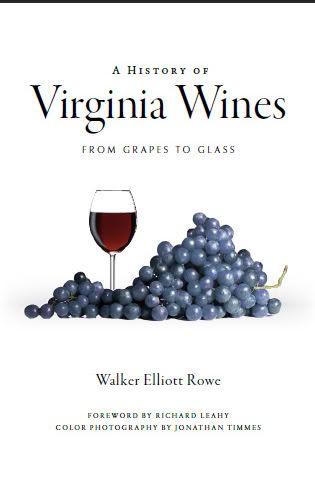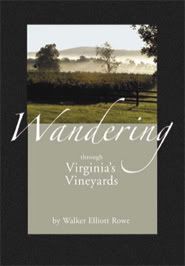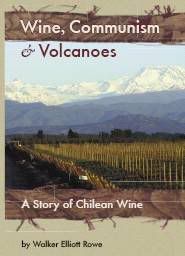“Home by the River” refers to Archibald Rutledge’s home on Hampton Plantation near the Santee River near the coast of South Carolina. The river here is the Santee. (When Mr. Rutledge was young the Santee was a greater river than today, because in the 1930’s much of it’s flow was diverted to the Cooper River and Charleston when dams were built upstream in Berkley County.)
Hampton is no longer a plantation—the Civil War put and end to that—but when Archibald lived there it still had all the requisite amenities: a Greco-style mansion with porticos and widows walk, rice fields with floodgates and dikes, and acres of pines and hardwoods forest. Some of the blacks who lived on or near Hampton and who worked there had been Hampton slaves in their youth.
Hamton Plantation fell into disrepair during the 30 plus years that Archibald Rutledge lived in Pennsylvania where he worked as a school teacher. Much of this book describes his efforts to restore Hampton to its former splendor.
One can imagine Hampton in it’s heyday when the mover and shakers of Colonial and ante-bellum society frequented the plantation. Great piles of ham, turkey, and duck greeted George Washington, the Marquis de Lafeyette, and other visitors. It seems General George Washington and his French military peer stayed in every notable house along the Carolina coast. There are signs all over reading “George Washington” slept here. I read about a Lafayette visit in a history of Edisto Island. South Carolinians are guilty of ostentatious name dropping when it comes to the father of our country. It is a point of which we are obviously proud.
Archibald Rutledge didn’t have a lot of money to rebuild Hampton. (I wonder how he paid the taxes on several thousand acres of land on a teacher’s pension and meager book royalties. The tax bill handed over to his heirs must be one reason the land now belongs to the state.) Yet archibald restored each dusty room of Hampton with the help of local carpenters and back-breaking work. We see the old history of the mansion revealed to us layer by layer as he peels away plaster and paint.
I found most enjoyable the sections of the book on hunting and gardening. Archibald Rutledge was a writer and poet whose hunting stories were printed in Field and Stream magazine. He also wrote for Harpers and the Saturday Evening Post. That hunting remains popular while poetry does not must account for the longevity of his printed material. Had he only written poetry his work might have fallen into obscurity—this is not to say it is not good. Rather, people simply don’t revere poets like the used to. (Quick: name two poems by Robert Frost. How about Wallace Stevens?)
I read carefully as Archibald Rutledge describes how he carefully transplanted live oak trees, myrtle bushes, and planted azaleas and camellias around Hampton. He describes the tricks he discovered for making these plants thrive and survive relocation. Botanists take note. Live oaks adorned with Spanish Moss, myrtle bushes, azaleas, and camellias are the foliage that defined the Carolina coast. Their great beauty was much appreciated at Hampton.
Of course hunting was Archibald Rutledge’s passion and this is where the sports enthusiast will enjoy “Home by the River” most. I read with envy his description of great clouds of ducks as they flew up out of his rice fields. (These great clouds are still there albeit diminished by market hunting which has since been outlawed and wetlands destruction which has been outlawed as well. Most of the ducks still on the Santee River flock to the government-owned Santee Gun club where they are relatively safe from the average hunter who is without political connections. There is much to be said about this government hoarding of ducks I believe.)
Archibald Rutledge hunted turkeys in the fall. Now we hunt turkeys in the spring because that is when the old toms gobble seeking to mate. Such relatively easy prey seemed unsporting in Archibald’s day. Then you could only hunt them in the fall. Archibald would sleep in the swamp and crawl on his belly just to get close to one. For the whitetail deer hunter there is plenty of narrative on that sport too. Mr. Rutledge not only hunted deer he observed them as a naturalist to learn their habits. He would sit in a tree all night long to watch when they came out to feed.
It is too bad that Rutledge’s book “God’s Children” is out-of-print and not listed in the Amazon.com index. (Not anymore: It is here.) No doubt it has been purged from certain card catalogues because the modern reader might find it racist. In it Archibald Rutledge paints portraits of the blacks who worked at Hampton. He talks of one man’s great skill with an ax. Of another he marvels at the grace with which he flings a castnet to catch fish. Of others he talks about their propensity to drink, sleep to excess, beat their wives, or fornicate. His greatest reverence is reserved for Old Tom, the man with whom Mr. Rutledge spent countless hours hunting deer, duck, and turkey. (There is a book on Old Tom listed in the amazon.com index.) Some might be aghast at his glowing admiration for the supposedly simple tasks of cutting wood, netting fish, or calling turkey--maybe that is all these simple people can do? That benevolent, paternal manner harkens back to the plantation days when the negroes look admirably on their masters with upturned eyes and cherub faces. But I find “God’s Children” a heartfelt memoir and a glowing testimonial to people who Mr. Rutledge considered true friends and skilled workers. And anyone who has fell a tree, tossed a cast net, or hunted turkey will tell you that it is not simple.
In the amazon.com index I also don’t see “Old Flintlock” the biography of Archibald Rutledge written by his son.
For more information about Archibald Rutledge or to buy any of his books you can contact::
Hampton Plantation State Historic Site
Phone: (843)546-9361
Tuesday, April 22, 2008
Subscribe to:
Post Comments (Atom)






No comments:
Post a Comment